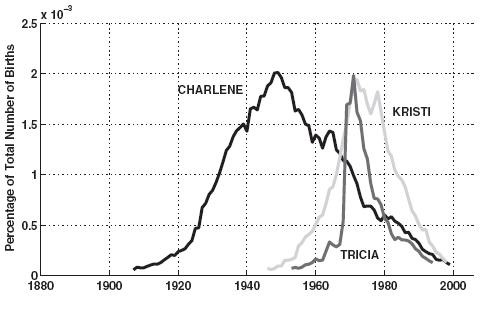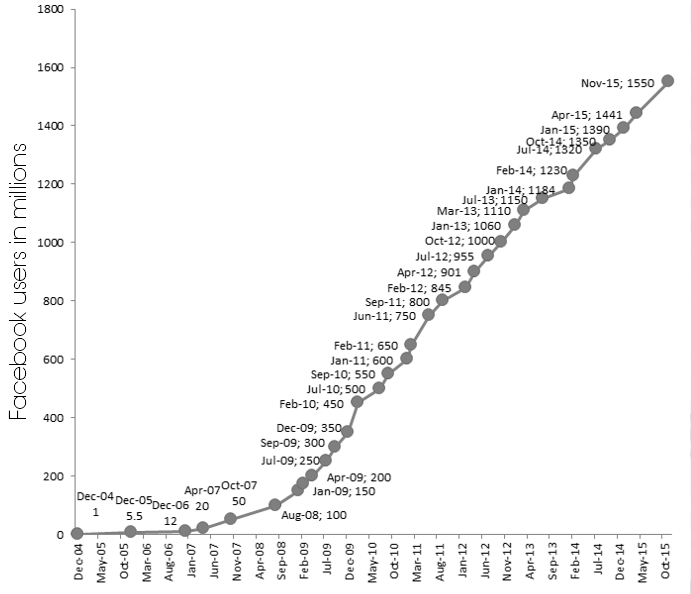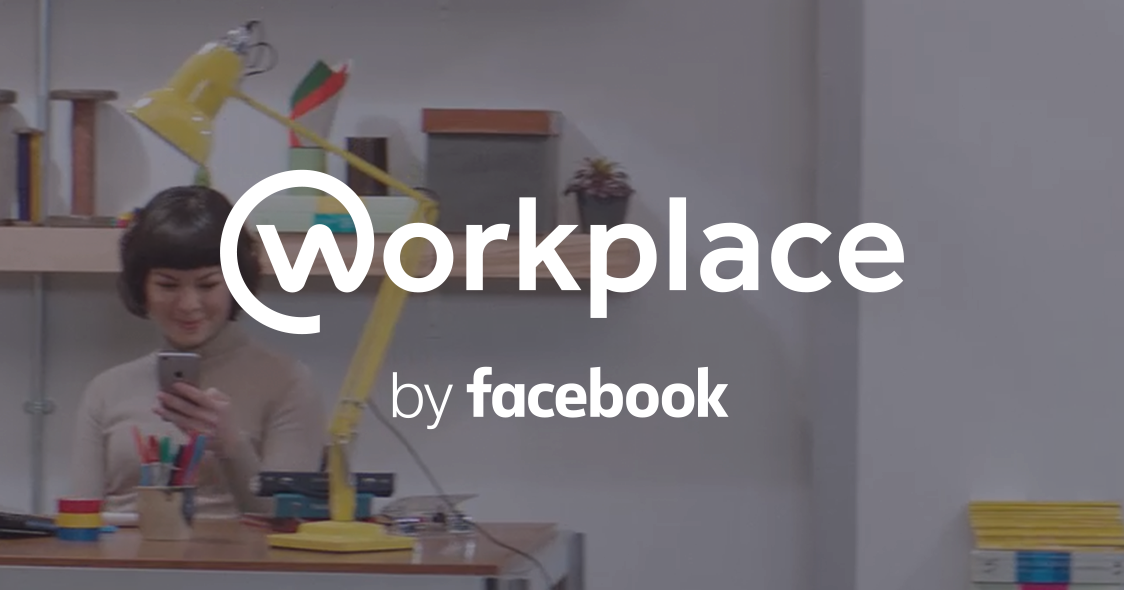Today, the UK pub chain Wetherspoons announced it was quitting social media, much as more and more users are doing the same.
A study conducted in 2009 by Gaël Le Mens and Jonah Berger studied the adoption rate of popular names and compared it to the speed in which each name fell out of popularity. They found the quicker the adoption of a name, the quicker it became unpopular again. Here’s a graph to illustrate the point.

I’m sure you can guess the social science behind it. Names that rise in popularity quickly become seen as a fad, and the willingness to associate your child with it decreases just as quickly. Could the same be said for trends outside of naming conventions? Considering something Zuckerberg himself said about the need to remain cool, people only adapted the platform because it was seen to be trendy. It was the new way to converse, and ultimately to find out if other people were single or not. But with the meteoric rise in usage, will there be a plateau? Here’s a recent-ish graph of Facebook users.

It looks like a pretty stark rise, but importantly there’s no sign of a plateau… yet. That doesn’t mean one isn’t coming though.
There’s now an increasing amount of consideration to the pros and cons to using the platform at all.
Pros
It’s great to keep in touch with people on, it’s an OK way to keep up to speed with people’s lives, organising events is much easier and watching cat videos is seamless.
Cons
However, it’s not cool anymore. People hide away to use it, like addicts do in bathrooms. At social gatherings, anyone seen on it is no longer the social go-getter they may once have been seen as, but instead as a recluse; hiding in digital oblivion while real interaction happens around them. The content you see is carefully curated to your own defined tastes; meaning that you aren’t exposed to things that could sway your opinion, only things that you’re likely to click on. So it’s polarising, it’s heightens your existing views, and doesn’t balance them with others.
And worryingly, it’s being used to influence you. It’s a mechanism for the highest bidder to buy your personality, and to write things specifically tailored to you to make you do something you might not have otherwise done. That seems scary.
So J.D. Wetherspoons say they’re turning off their social media presence, and other companies like Tesla having already done so, has the hay-day been and gone? I liked the frankness of their chairman’s reasoning: “I find most people I know waste their time on it. A lot of them say they know they waste their time on it, but they struggle to get off it.” So while there’s a lot of negative noise around what a dangerous thing it’s becoming, people do seem to be dropping the platform in favour of face to face conversation. That’s pretty cool, even if it plays straight into ‘spoons’s favour.




